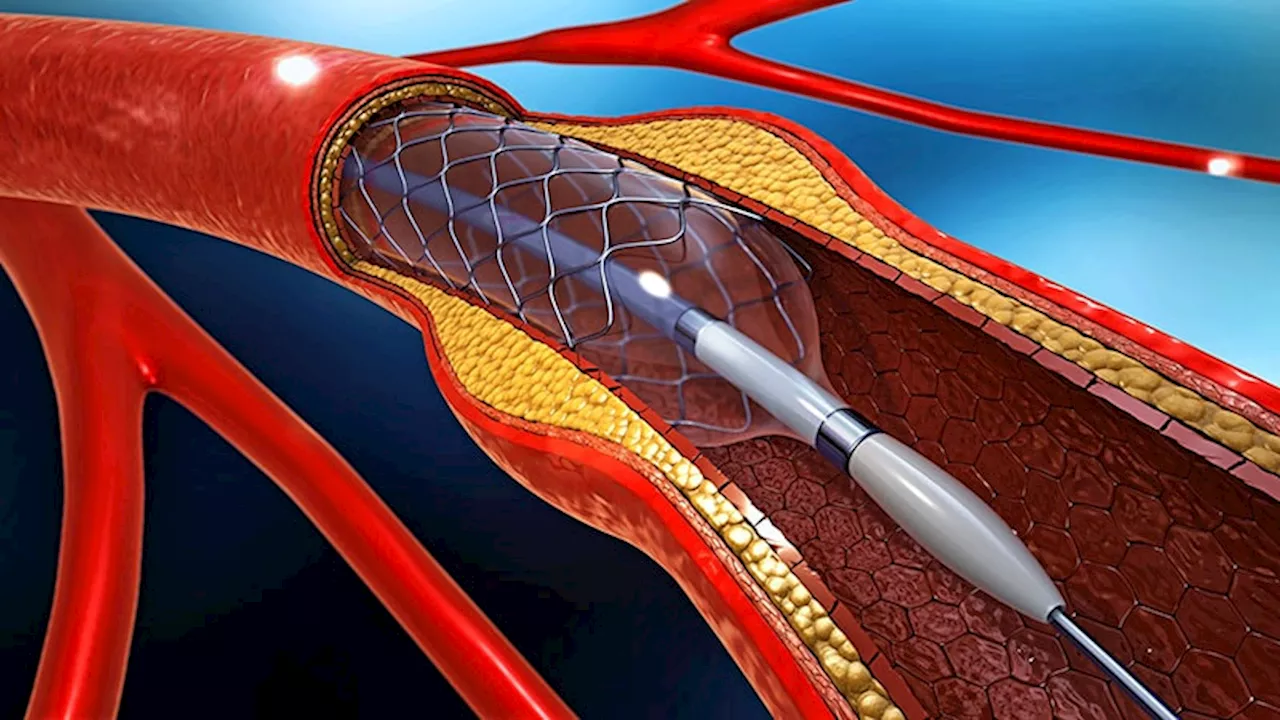This article explores the importance of incorporating psychoneuroimmunology into trauma therapy, highlighting a paradigm shift towards a holistic approach that recognizes the complex interplay between the mind, body, and immune system.
My journey into the world of trauma therapy began with a deep dive into biomedical health research. This early exploration of the body's intricate systems proved invaluable, allowing me to enhance the expressive trauma integration framework by incorporating sensory and bilateral integration elements before these approaches gained mainstream recognition. Life, however, had more lessons in store for me.
In 2018, my children were diagnosed with an autoimmune condition, prompting me to step back from my work with expressive trauma integration in 2021. This challenging period, while deeply painful and traumatic for our family, opened new avenues of understanding in trauma therapy. My intensive study of the immune system unveiled crucial connections I hadn't previously grasped. Once again, insights gleaned from this personal journey transformed my clinical practice. I began integrating psychoneuroimmunology principles when working with clients who had developmental and complex trauma. The results were remarkable. While we didn't observe instant miracles, we witnessed steady improvements in overall well-being among clients who, under traditional treatment approaches, might have been hospitalized. This interdisciplinary field, psychoneuroimmunology, is the missing link for a complex set of neurological and neuropsychiatric symptoms that often resist standard therapies. This experience led me to a profound conclusion: psychoneuroimmunology must be central to the future of mental health treatment. As trauma therapists, particularly those working with complex and developmental trauma, we need to develop a deep understanding of the bidirectional relationship between the immune system and the nervous system. Traditional trauma therapy techniques often prove ineffective when the immune system is overactive. At this stage, we must investigate the triggers of the immune system response and find ways to address them. This step isn't a quick fix; it can be a lengthy process. Sometimes, we're fortunate enough to identify the underlying issue quickly, leading to swift treatment effectiveness. More often, it's a complex journey due to the many years that have passed since the immune system became dysregulated. Only then can we effectively address nervous system regulation. This stage involves implementing a secure attunement framework while biohacking dysregulation, building upon the foundation of a calmer immune system.Attunement is a crucial element in this process. It involves controlling one's sensory reactions and enhancing the ability to respond appropriately to situations emotionally and cognitively. Research indicates that memories are stored in areas of the brain that traditional cognitive methods cannot reach. Addressing these embodied memories—the body's dysregulation response to traumatic memories and triggers—requires targeting the lower parts of the brain. Attunement is a nonverbal process of being with another person in a way that attends fully and responsively to that person. A key aspect of attunement is that it's a joint activity, experienced in interaction with another. In therapy, the therapist attunes to the client with the goal of becoming a 'co-regulator' with the client's responses. Over time, the client is able to transfer the sense of being co-regulated to self-regulation outside of the therapy room, in everyday life. Through attuned relationships, clients learn to expand their capacity to endure the pain and loss of trauma and its aftermath. The final stage focuses on ensuring that progress can be sustained over time. Several practices have been demonstrated to be effective in mitigating nervous system dysregulation and enhancing the capacity to experience joy. It's important to note that this process is not linear. However, it's impossible to move forward before calming the immune system enough to address neuroinflammation, without which the nervous system remains overactive. This integrated approach represents a paradigm shift in trauma therapy. It acknowledges that true healing requires us to address the complex interplay between our body's various systems. By understanding and treating the immune system's role in trauma, we open new possibilities for healing that weren't previously available through traditional therapeutic approaches. As we move forward in the field of mental health, it's crucial that we continue to expand our understanding of these interconnections. The future of trauma therapy lies not just in psychological interventions, but in a holistic approach that honors the intricate relationship between mind, body, and the immune system
Trauma Therapy Psychoneuroimmunology Immune System Nervous System Holistic Healing
United States Latest News, United States Headlines
Similar News:You can also read news stories similar to this one that we have collected from other news sources.
 Therapy Dogs Help Hospital Staff Cope With Stress and TraumaA growing mental health crisis among healthcare workers is being addressed by the presence of therapy dogs at HCA HealthONE Rose medical center in Denver. Dogs like Peppi, a yellow Lab, provide a calming presence and help staff decompress during stressful shifts. The dogs are carefully trained and kept away from patients with allergies to minimize risks. Advocates believe that human-animal interaction can have positive effects on mental and emotional well-being.
Therapy Dogs Help Hospital Staff Cope With Stress and TraumaA growing mental health crisis among healthcare workers is being addressed by the presence of therapy dogs at HCA HealthONE Rose medical center in Denver. Dogs like Peppi, a yellow Lab, provide a calming presence and help staff decompress during stressful shifts. The dogs are carefully trained and kept away from patients with allergies to minimize risks. Advocates believe that human-animal interaction can have positive effects on mental and emotional well-being.
Read more »
 Teen fatally shot outside NYC afterparty was future Navy recruit with a 'bright future'Juan Pena’s mother, Anayeli Pena, wants justice for her son after he’s shot multiple times on NYC street
Teen fatally shot outside NYC afterparty was future Navy recruit with a 'bright future'Juan Pena’s mother, Anayeli Pena, wants justice for her son after he’s shot multiple times on NYC street
Read more »
 Back to the Future Creators Reject 'Back to the Future 4' but Embrace MusicalRobert Zemeckis and Bob Gale, creators of the Back to the Future franchise, have emphatically shut down any hopes for a fourth movie. While Gale playfully expressed frustration with inquiries about 'Back to the Future 4,' both creators reiterated that a sequel is off the table. Zemeckis, however, expressed his strong desire to bring 'Back to the Future: The Musical' to the big screen, despite Universal's lack of enthusiasm.
Back to the Future Creators Reject 'Back to the Future 4' but Embrace MusicalRobert Zemeckis and Bob Gale, creators of the Back to the Future franchise, have emphatically shut down any hopes for a fourth movie. While Gale playfully expressed frustration with inquiries about 'Back to the Future 4,' both creators reiterated that a sequel is off the table. Zemeckis, however, expressed his strong desire to bring 'Back to the Future: The Musical' to the big screen, despite Universal's lack of enthusiasm.
Read more »
 Back To The Future Part II's Original Plan Would Have Fixed The 1989 Sequel's Biggest CriticismBack to the Future 2 Marty Doc Reviews Newspaper Future
Back To The Future Part II's Original Plan Would Have Fixed The 1989 Sequel's Biggest CriticismBack to the Future 2 Marty Doc Reviews Newspaper Future
Read more »
 Understanding Play Therapy: A Guide for ParentsPlay therapy is a common but often misunderstood child therapy method. This article explores what play therapy entails, how it works, different approaches, and the importance of parental involvement. It clarifies common misconceptions, highlights the benefits of evidence-based play therapy, and provides guidance for parents seeking to support their child's therapeutic journey.
Understanding Play Therapy: A Guide for ParentsPlay therapy is a common but often misunderstood child therapy method. This article explores what play therapy entails, how it works, different approaches, and the importance of parental involvement. It clarifies common misconceptions, highlights the benefits of evidence-based play therapy, and provides guidance for parents seeking to support their child's therapeutic journey.
Read more »
 AHA Advisory Endorses Endovascular Therapy for Large Core Ischemic StrokeA new advisory from the American Heart Association strongly endorses endovascular treatment for patients with large core ischemic stroke.
AHA Advisory Endorses Endovascular Therapy for Large Core Ischemic StrokeA new advisory from the American Heart Association strongly endorses endovascular treatment for patients with large core ischemic stroke.
Read more »
